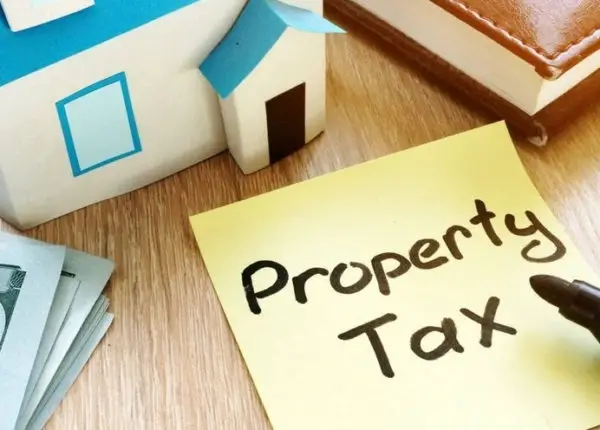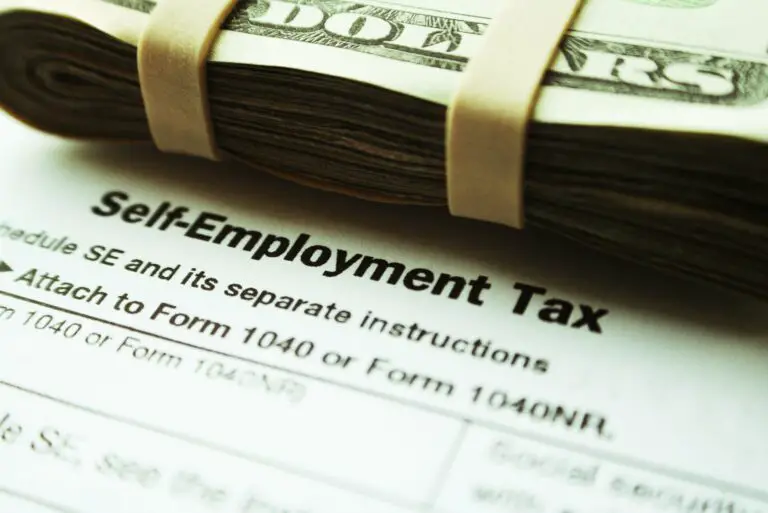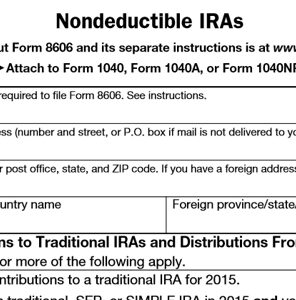How To Lower Your Property Taxes In Retirement!
Table of Contents
How to lower your property taxes!
Everyone who owns any type of property, whether that be housing, a car, or some other types of vehicles has to pay property taxes every year. Considering that property taxes tend to go up over time, they are an expense that everyone needs to pay close attention to, lest they be overwhelmed by just paying the taxes on a piece of property and have to give it up. Property taxes vary from state to state, with some charging a noticeably higher percentage in taxes as compared to others.
This article is all about how one can potentially lower the amount they pay in property taxes once they reach retirement age.

Once one reaches retirement age there are two property tax relief programs available that some retirees have available to them: a senior exemption, which reduces property taxes for people 65 and older, and a senior freeze exemption, which locks in the equalized assessed value of a property for people 65 and older whose income falls below a certain level (currently $65,000).? All homeowners aged 65 years or older qualify for a standard $25,000 homestead exemption. Other than this, the Texas school districts offer an additional $10,000 exemption for qualifying homeowners aged over 65.
Tax exemptions are not exactly the same as tax deductions. These two are similar, but not synonymous. Like a deduction, a tax exemption reduces your taxable income. However, exemptions excuse parts of your income from your taxable income and depend on your filing status and how many dependents you claim.
As a result of claiming these exemptions, this could lower people’s property tax bills by at least $3,000 per year less than what someone would normally pay.? Most states give property tax breaks to homeowners 65 and older through programs that could save them hundreds of dollars a year. But many of these breaks are underused because there are a lot of seniors unaware of these programs or who miss application deadlines.
How to lower your property taxes by challenging home value assessments!
Another way retirees and anyone else can lower their property taxes is by challenging the assessed value of their homes!
In order to do so, you typically log in to the website of the nearest assessor’s office and examine your property’s listing for any mistakes, such as inaccurate square footage or the number of bedrooms. To correct any inaccuracies, you can upload evidence, such as an appraisal.
Any documentation describing the property will be helpful and if you’re appealing based on a recent purchase price, you can upload your closing documents. If you think your home is valued too high relative to similar properties, you can search online for properties you think are comparable. You can include up to six comparisons for houses similar to yours. You can include recently sold comparable properties — in your appeal.

If you lose the first appeal, you can try again by appealing online to a board of review. You can also request a hearing if it’s difficult to explain your case or present evidence otherwise. If you lose that appeal, you have one more chance — you can go to the County Court or to the nearest Property Tax Appeal Board. In order to appeal in this manner, you might need the services of a lawyer though.
Nonprofits like AARP sometimes offer free services that can help people save on their taxes and help them navigate how to lower their property taxes. Here’s a link to their “Tax-Aide” program that taxpayers over 50 and low to moderate income can use!
How to lower your property taxes with property tax deferrals!
A property tax deferral means you can delay paying property taxes, as long as you meet the age and income guidelines for your local area. The property tax then becomes a lien on your house, which gathers interest as long as it goes unpaid.
If you want to have a much better idea of how much taxes you owe on your property. Here’s a calculator from SmartAssethttps://smartasset.com/taxes/property-taxes

Disclaimer: I am not any sort of investment or financial professional giving any sort of legal advice. I’m just some guy trying to teach other people about how they might navigate the financial world.







